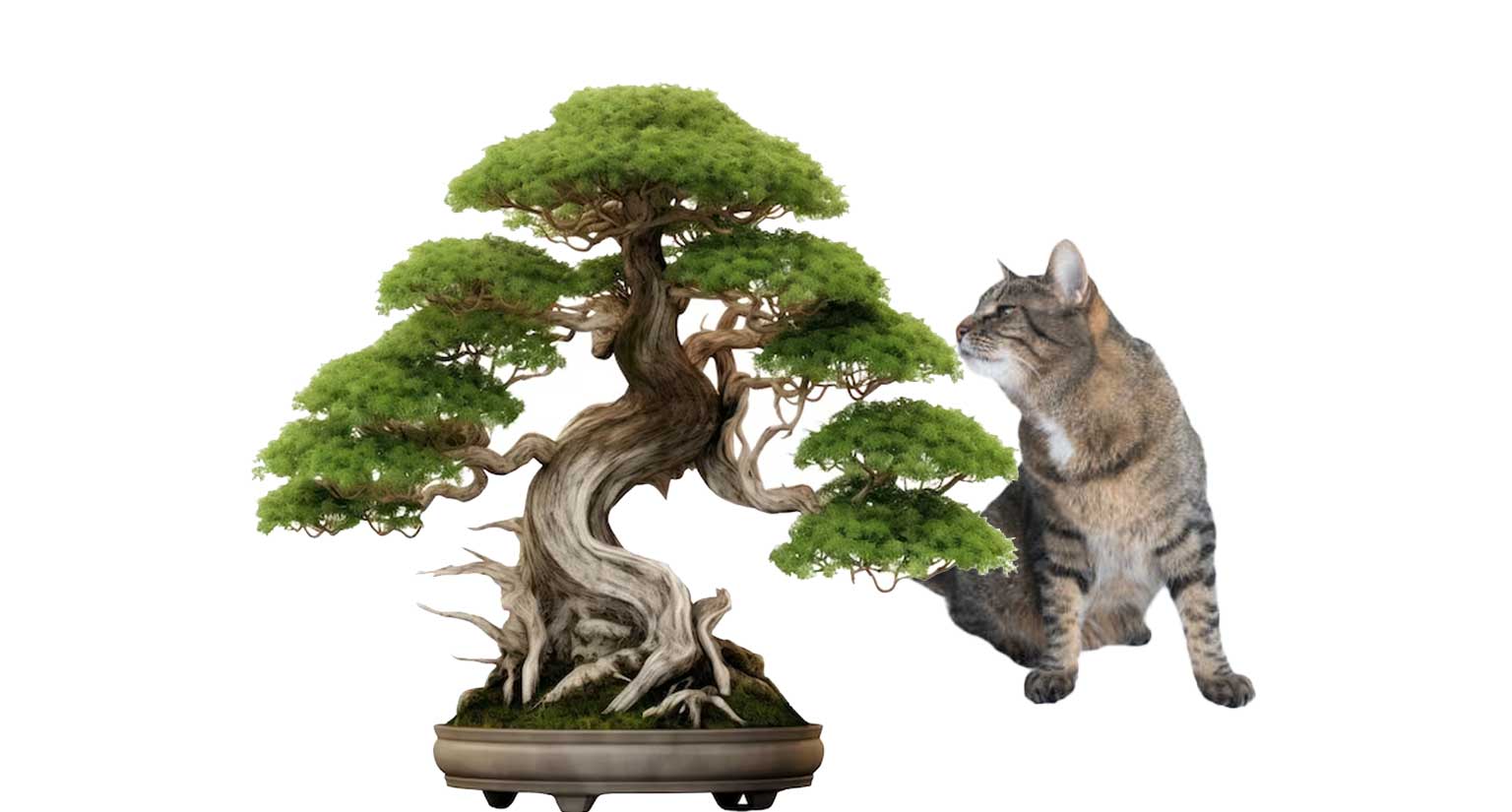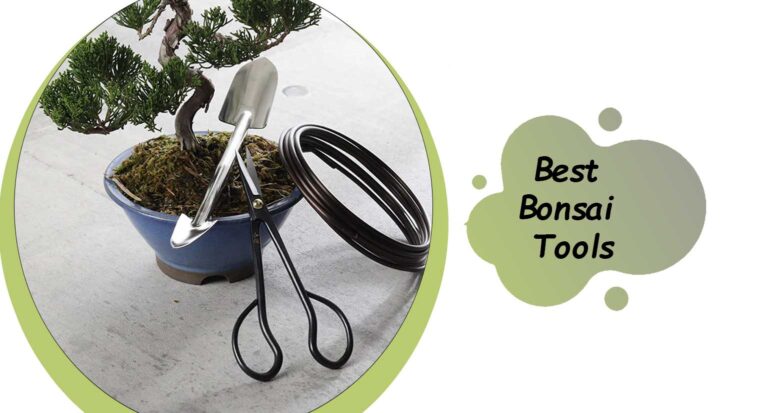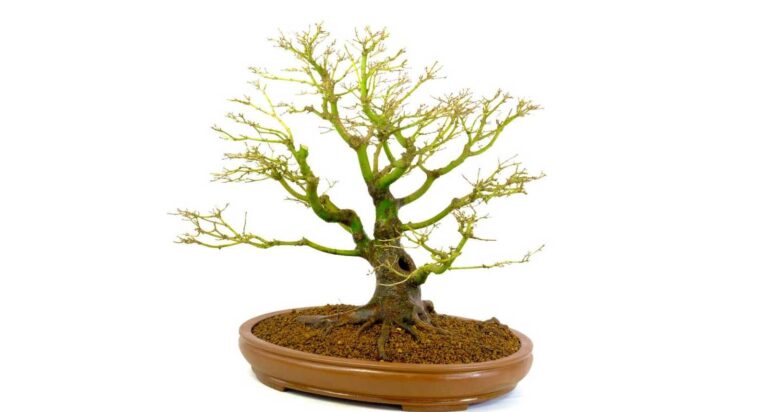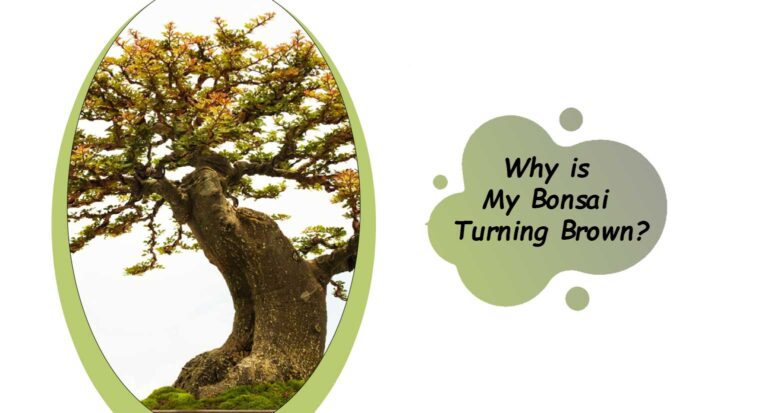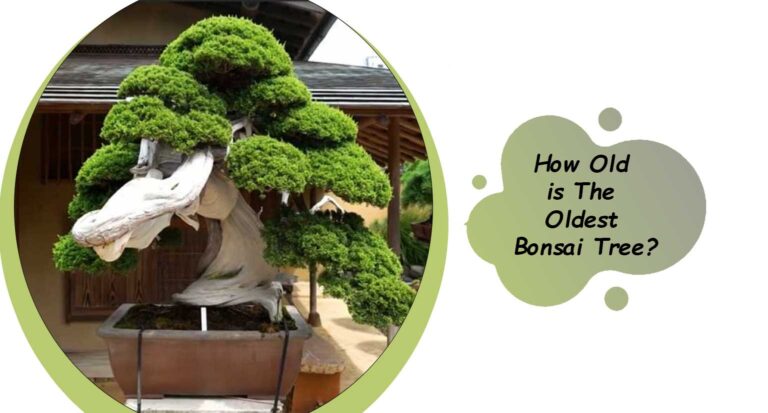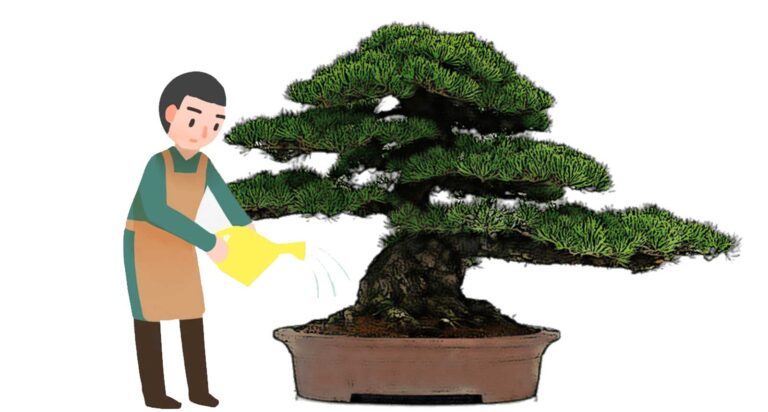Are Bonsai Trees Poisonous to Cats?
Bonsai trees are renowned for their exquisite beauty and the sense of tranquility they bring to any space. Their artful forms and miniature size make them a favorite among many homeowners and gardening enthusiasts.
However, if you’re a cat owner, you might have concerns about whether these captivating plants pose any threat to your feline friend.
This article aims to address the question that’s likely been on your mind: Are bonsai trees poisonous to cats? We’ll explore the potential risks and provide insights to ensure your cat’s safety while indulging in your love for bonsai trees. Your cat’s well-being is our top priority, and we’re here to give you the answers you seek.
Is a Bonsai Tree Cat-Friendly?
Integrating bonsai trees into your home, it’s natural to be concerned about your cat’s safety. After all, our furry companions are known for their curious nature and occasional nibbling on plants.
Here, we’ll delve into the world of bonsai trees and discuss whether they can coexist harmoniously with your feline friend.
The Basics of Bonsai Trees
Bonsai trees, with their intricate shapes and stunning aesthetics, are a popular choice among plant enthusiasts.
They are meticulously pruned and shaped to achieve their miniature size while mimicking the appearance of full-sized trees. These tiny marvels have an irresistible charm that can transform any space into a living work of art.
Potential Dangers to Cats
Before introducing a bonsai tree into your home, it’s essential to be aware of the potential dangers it may pose to your cat.
While not all bonsai trees are inherently toxic to cats, some species can be harmful if ingested. The dangers vary depending on the specific type of bonsai tree and your cat’s propensity to explore and chew on plants.
Specific Bonsai Tree Varieties
Different bonsai tree species have varying levels of toxicity. Some common bonsai trees, like the Ficus and Juniper, may cause digestive discomfort if your cat decides to take a nibble.
On the other hand, certain species, such as the Jade or Japanese Maple bonsai, are considered non-toxic to cats. It’s crucial to identify the species of your bonsai tree and understand its potential effects on feline health.
Preventive Measures
To ensure the safety and well-being of your cat, you can take several preventive measures. Placing your bonsai tree in a location that’s difficult for your cat to access is a good starting point.
Additionally, providing your cat with alternative sources of entertainment and stimulation, such as cat grass, can help deter them from nibbling on your bonsai.
Regularly monitoring your cat’s behavior around the bonsai tree and seeking immediate veterinary attention if you suspect any ingestion or adverse reactions are also essential precautions.
Bonsai trees can coexist with cats, it’s essential to be cautious and informed about the specific type of bonsai tree you own and your cat’s behavior.
By taking appropriate measures and staying vigilant, you can create a safe environment that allows you to enjoy the beauty of bonsai trees without compromising your cat’s well-being.
Do Bonsai Trees Poison Cats?
The safety of your feline friend, it’s natural to have concerns about the potential toxicity of bonsai trees. This section will explore the risk factors associated with bonsai trees and their potential effects on cats.
Potential Toxicity
Bonsai trees, like many other plants, can contain compounds that may be harmful to cats when ingested. These compounds vary depending on the species of the bonsai tree.
Some trees, such as the Ficus or Azalea, can be toxic to cats and cause a range of adverse reactions, including gastrointestinal upset, drooling, and, in severe cases, more significant health issues.
Non-Toxic Bonsai Varieties
It’s important to note that not all bonsai trees are poisonous to cats. Certain varieties, like the Jade or Japanese Maple bonsai, are considered non-toxic.
While they may not pose a direct threat to your cat’s health, it’s still essential to monitor your pet’s behavior around these plants, as chewing on any non-food items can potentially lead to other issues, such as gastrointestinal obstructions.
Symptoms of Poisoning
Recognizing the signs of poisoning in cats is crucial. If you suspect your cat has ingested any part of a bonsai tree and observe symptoms such as vomiting, diarrhea, lethargy, or changes in behavior, it’s vital to seek immediate veterinary attention. Prompt action can make a significant difference in your cat’s recovery.
Preventive Measures
To minimize the risk of poisoning, consider the following preventive measures:
- Choose non-toxic bonsai tree varieties if you have a cat.
- Place bonsai trees in locations that are less accessible to your cat.
- Provide alternative sources of stimulation and entertainment to deter your cat from nibbling on your plants.
- Regularly inspect your bonsai trees to ensure they are free from pests or damaged leaves, which may be more tempting to curious cats.
Some bonsai trees can be toxic to cats, others are safe for them to be around. Understanding the potential risks and taking preventive measures can help you create a safe and harmonious environment where you and your cat can both enjoy the beauty of bonsai trees without compromising your pet’s well-being.
Why Are Bonsai Trees Poisonous to Cats?
Understanding the reasons behind the toxicity of certain bonsai trees is essential to safeguard your feline companion. In this section, we’ll delve into the factors that make some bonsai tree species potentially harmful to cats.
Plant Compounds
The primary reason why some bonsai trees are toxic to cats lies in the chemical compounds they contain. Many plants, including some bonsai varieties, have evolved to produce natural toxins as a defense mechanism against herbivores. These toxins can range from mildly irritating to highly poisonous, depending on the specific plant.
Specific Toxins in Bonsai Trees
Different bonsai tree species contain varying types and levels of toxins. Some of the common toxic compounds found in bonsai trees include alkaloids, glycosides, and oxalates.
These substances can cause a range of health issues if ingested by cats, such as gastrointestinal irritation, drooling, vomiting, diarrhea, and in severe cases, organ damage.
Bonsai Tree Species
It’s important to note that not all bonsai trees are equally toxic. The level of toxicity varies depending on the specific species.
Some species like the Ficus, Azalea, or Schefflera are known to be more toxic to cats, while others like the Jade or Japanese Maple bonsai are considered non-toxic.
Individual Cat Sensitivity
It’s crucial to understand that each cat’s sensitivity to plant toxins can differ. While one cat may show no adverse effects after chewing on a toxic plant, another cat may experience severe symptoms.
The variability in individual cat reactions underscores the importance of taking preventive measures and closely monitoring your cat’s behavior around plants.
Protecting Your Cat
To keep your cat safe around bonsai trees, choose non-toxic varieties if you have a feline companion. Place these plants in locations that are less accessible to your cat, provide alternative sources of entertainment, and regularly inspect your bonsai trees for damaged leaves or pests that might be tempting to your pet.
The toxicity of certain bonsai trees to cats is primarily due to the presence of specific plant compounds. By understanding these factors, you can make informed choices to create a safe environment for your cat while enjoying the beauty of bonsai trees.
Conclusion
In this article, we’ve explored the intriguing question: Are bonsai trees poisonous to cats? We understand that the safety and well-being of your feline friend are of utmost importance, and we’ve provided valuable insights to help you make informed decisions about keeping bonsai trees in your home.
We’ve learned that while some bonsai tree species can be toxic to cats, others are entirely safe. It’s crucial to identify the specific species of your bonsai tree and take appropriate preventive measures, such as placing the plant in less accessible locations and providing alternative sources of stimulation for your cat.
By understanding the factors that contribute to the potential toxicity of certain bonsai trees, you can create a harmonious environment where you and your cat can enjoy the beauty of these miniature marvels without compromising your pet’s health.
When in doubt or if you suspect your cat has ingested any part of a potentially toxic plant, seeking prompt veterinary attention is essential.
Your cat’s well-being is our shared priority, and we hope this article has provided you with the knowledge and confidence to make the best choices for your home and your beloved feline companion.
Related Posts:

